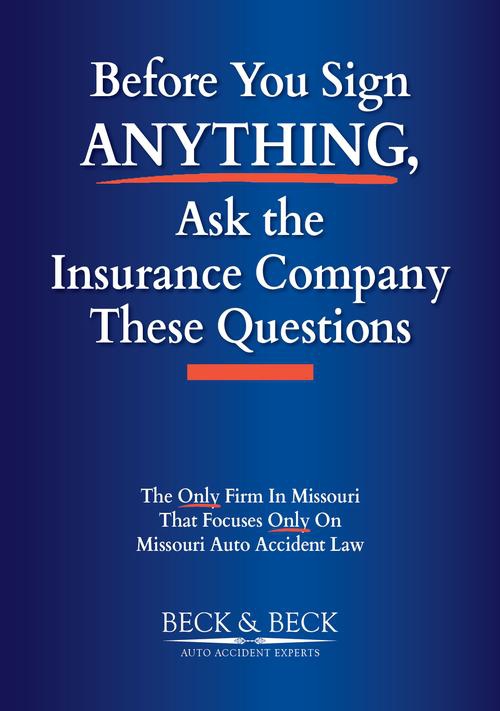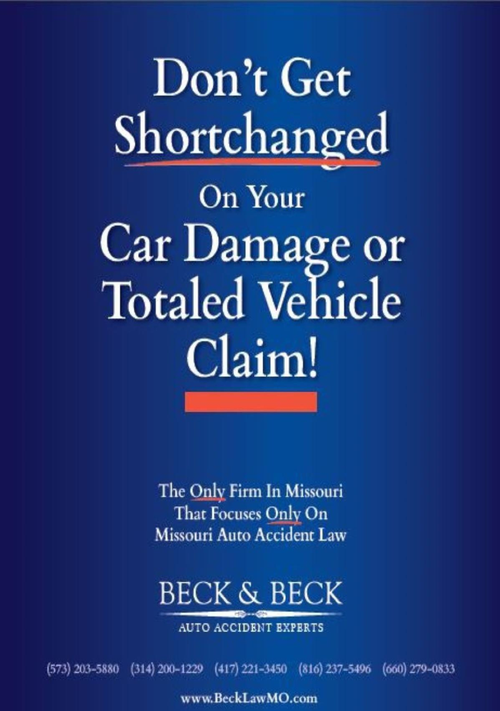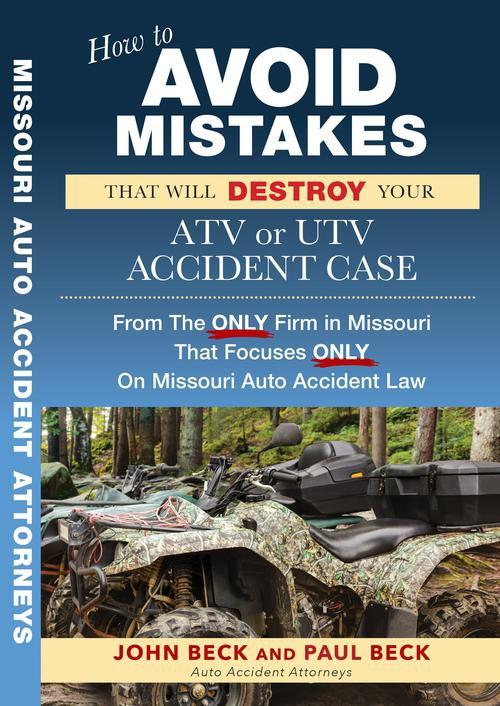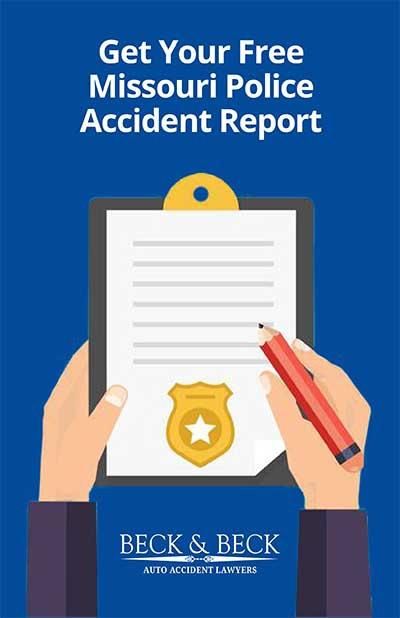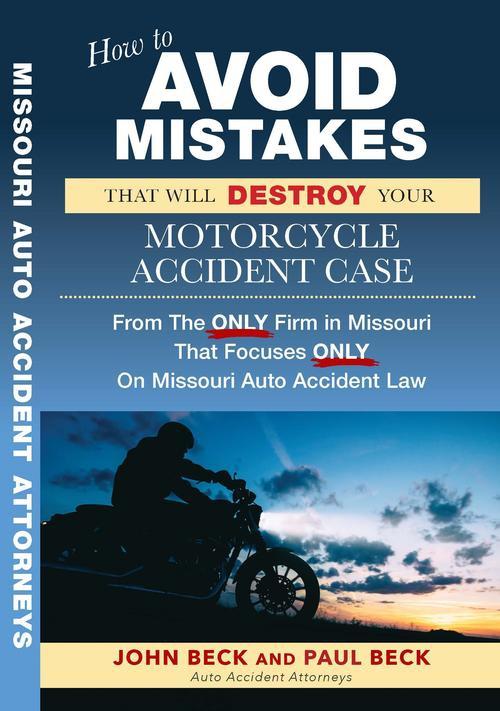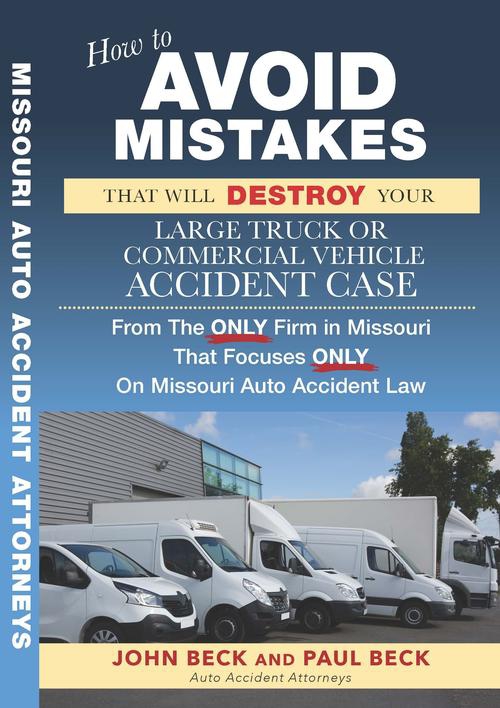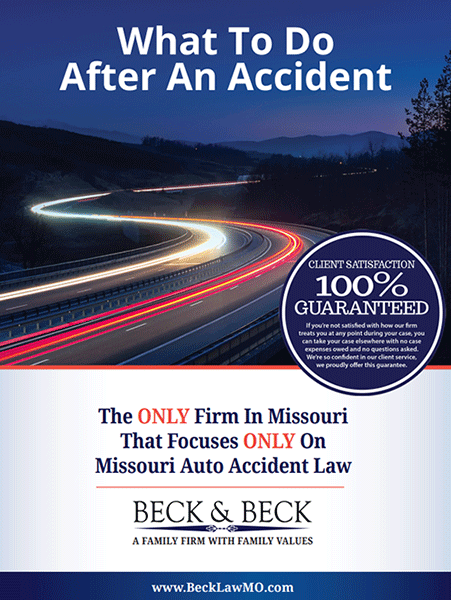When you’ve been seriously hurt in an auto accident caused by another party’s negligence, you’re entitled to compensation for your accident-related expenses. Unfortunately, unethical attorneys and their associates may try unethical and illegal measures to convince you to hire a lawyer they recommend for you or to hire them.
We meet with injured accident victims every day, and it makes us furious when we see that these hardworking men and women are being victimized by scammers.
Here, we’ve provided a brief explanation of some of the most common attorney scams targeting auto accident victims as a way to help you avoid falling prey to those who are seeking to profit from the trauma you’ve suffered. If you have questions about any of these scams or wish to discuss how we can help with your personal injury claim, please contact our office.
Scam #1: The ‘Nonprofit Injury Victim Advocates’ Scam
Every state has certain rules of professional conduct that outline requirements for any letter an attorney mails seeking to be hired for a legal case. There are law firms across the country that have direct mail as part of their marketing. Some ignore the rules, but the most egregious of them all is the Nonprofit Injury Victim Advocates.
Numerous Beck & Beck injury clients have received letters out-of-the-blue from a guy calling his group the Nonprofit Injury Victim Advocates. They violate every ethical rule in the book for sending these letters. They often send these letters a day or two after the person’s crash and call many times in the days and weeks after your crash, trying to convince you to let them ‘help for free’ or recommend a lawyer to help.
Our firm has been collecting these mailers from clients for years and felt the need to write an article on our website to alert the public that may be Googling for more information about the ‘Nonprofit Injury Victim Advocates.’ The letter sent by this group to injured accident victims says the founder is a retired attorney, when he actually turned over his license to practice law after stealing tens of thousands of dollars from a client of his. If he hadn’t willingly surrendered it, it would have been taken.
His letter claims that he does not get paid and is sending these letters to help people out of the goodness of his heart. In reality, he is sending these letters to convince people to call him—so he can get paid by the attorney he refers them to.
When you call him, he takes your information, answers some questions, and tells you he has a great attorney for them in their area. He will then connect the call with the attorney’s office so they can be hired by the injured person.
Once the case is resolved, that’s when he gets paid—and it can be a huge amount. The attorney that handled the case pays the Nonprofit Injury Victim Advocates 33% of the attorney’s fee.
We know all this because Mr. Nonprofit Injury Victim Advocates tried to do this to an attorney friend of ours, and our attorney friend didn’t know this was an illegal and fraudulent attorney making the referral. Mr. Nonprofit Injury Victim Advocates asked the attorney to pay him $1.1 Million since that was 33% of the attorney’s $3.3 Million case fee.
It is illegal to give any legal advice if you are not a licensed attorney. It is also illegal to request an attorney referral fee when you are not a licensed attorney. This is the worst legal scam I’ve seen in my entire career, and I’ve spoken to injured people across the country that have received these fraudulent letters. I hope this information has educated you on the truth behind this nationwide scam. If you’ve received one of these letters, I urge you to call my office at 314.961.5678. We’re trying to stop this scam, and with your help, we may be able to do it since collecting the materials is vital to our efforts.
Scam #2: The Ambulance Chaser
This is the classic attorney scam—and the reason why legitimate personal injury attorneys are unfairly criticized. An ambulance chaser is an attorney who shows up at the scene of an accident or visits a victim in the hospital without an invitation to solicit representation. When the person is acting as an agent on behalf of an attorney or law firm, they are sometimes referred to as a runner or capper.
Ambulance chasing is unethical under Rule 7.3 of the American Bar Association’s Code of Professional Ethics. Legitimate attorneys will never show up in person uninvited or pressure you into making a snap decision about how to handle your claim.
Scam #3: The Fake Law Firm Website
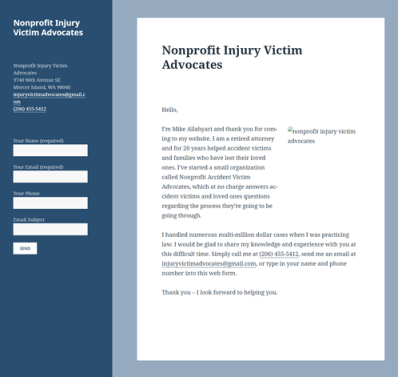
It’s easy for anyone to create a law firm website that appears to be legitimate if you don’t look too closely. Here are some signs that a law firm website isn’t what it appears:
The site design is a free template.
A successful law firm will invest in a professionally designed website, but a less-than-ethical operation may say something like “Created for free using WordPress” or “Proudly powered by WordPress” at the bottom. It may also have broken links and missing images where the template wasn’t filled in appropriately.
The contact information is a generic email address.
Paid web hosting comes with email addresses featuring the name of the law firm. A free Gmail address is a definite red flag.
The content is copied, or there is very little content.
Mirrored articles and testimonials can be used to give the appearance of a legitimate website. You can check for this by copying paragraphs from the site and searching for duplicate text via Google. A website with minimal content is another red flag, as a legitimate attorney wants to provide you with the information you need to make an informed decision about how to proceed with your case.
There is no information about the background and qualifications of the attorney.
A legitimate law firm will share key details such as where the attorney earned their law degree, what states they are licensed to practice in, what professional organizations they are a part of, and how long they’ve been in business. You should be able to verify this information by checking with the State Bar Association.
Fake law firm websites may be used for a variety of reasons. They may be supporting an ambulance chaser or an illegal mail solicitation operation such as the NonProfit Injury Victim Advocates scam. Alternatively, they may be intending to gain access to sensitive personal information for an identity theft or insurance scam.
Scam #4: False Promises and Unreasonable Requests
An attorney can tell you if you have a strong case, but even the best attorney can’t guarantee a specific outcome.
Asking for money upfront is another red flag. You shouldn’t have to pay for an initial consultation or provide a retainer. Personal injury attorneys offer a free case review and work on a contingency fee basis, which means you don’t pay for the lawyer until you receive a settlement.
Referral relationships are a gray area. A legitimate attorney may refer you to another lawyer if they believe they don’t have the appropriate experience or qualifications to handle the case. However, you want to steer clear of referrals from retired attorneys who are not currently licensed to practice law or third parties who are not legal professionals. When their entire business model is based on generating referral fees, they are not acting in your best interest.
Get the Help You Need From Professionals You Can Trust
If you’ve been injured in an auto accident, please feel free to contact us online or call our office directly at 314.200.1229.

